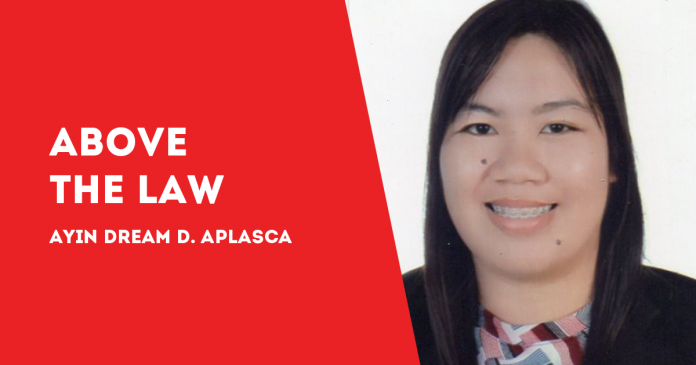
THE PHILIPPINE Supreme Court launched an Ethics Caravan on September 14, 2022 at the University of San Carlos, Cebu City. This is organized for the proposed Code of Professional Responsibility and Accountability (CPRA) and led by the Supreme Court Sub-Committee for the Revision of the Code of Professional Responsibility.
This is a five-leg caravan that aims to introduce the proposed CPRA and its salient features to the legal profession and the general public. The old Code of Professional Responsibility is already 34 years old. Thus, the Supreme Court wanted to align this to be more modern, relevant and responsive.
I was able to participate in the said event via Zoom Cloud Meetings. I would like to share some of the takeaways that I learned during the breakout room discussions.
First, the proposed change imposes the responsible use of social media especially in sharing fake news and information.
The new section in the Code reads that “a lawyer shall ensure that his or her online posts uphold the dignity of the legal profession and shield it from disrepute, as well as maintain respect for the law.” Additionally, “a lawyer shall not post, share, upload or otherwise disseminate false or unverified statements, claims, or commit any other act of disinformation.”
They said that this provision is the price of being a lawyer. Whether it’s their professional or private life, it is subject to restrictions.
Second, a lawyer-client relationship is established once the services of the lawyer are sought. One of the requirements is the utmost loyalty and fidelity of the lawyer to his client.
When the professional relationship is already gone off, the client may terminate the services of the lawyer. In the old Code, the lawyer does not have the absolute right to terminate the relationship. However, in the new Code, the lawyer is granted several grounds to terminate the lawyer-client relationship.
The lawyer can terminate the relationship on the following grounds:
* when the client pursues an illegal or immoral course of conduct in connection with the engagement;
* when the client insists that the lawyer pursue conduct violative of the Code;
* when the lawyer’s inability to work with co-counsel will not promote the best interest of the client;
* when the moral predisposition or the mental or physical condition of the lawyer renders it difficult to carry out the engagement effectively;
* when the client deliberately fails to pay the fees for the lawyer’s services or fails to comply with the retainer agreement;
* when the lawyer is elected or appointed to public office; and other similar cases.
Lastly, in fulfilling the responsibilities embodied in the new Code, the lawyer is required to perform his duties and responsibilities with the highest standards. Lawyers should be guided by the principles set by the Code. Thus, they will be able to promote public confidence and integrity in the legal profession.
The Ethics Caravan is a good way to culminate the process of reinventing a new Code of Responsibility. This is attended by judges, lawyers, Integrated Bar of the Philippines (IBP) chapters, government entities, and organizations that are given the opportunity to share their suggestions and comments to be submitted to the Supreme Court En Banc for review and consideration./PN

